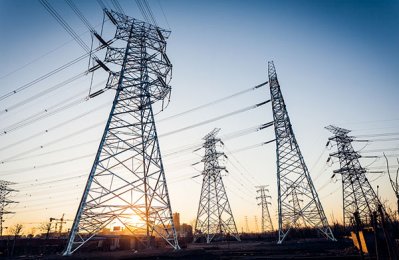EU countries back definitive EC steel safeguards
European Union (EU) member states, as widely expected, have backed the European Commission’s plan to impose definitive safeguard measures on imports of steel, said a report citing industry sources familiar with the matter.
More Stories
European member states, as widely expected, have backed the European Commission’s plan to impose definitive safeguard measures on imports of steel, reported S&P Global Platts.
The European Commission will now finalise the procedure, so that the definitive measures can enter into force on February 4.
European member states made no changes to the previous provisional measures sent to the World Trade Organisation. The European Commission notified the WTO of its plan before Christmas and made it publicly available on January 4, stated the report.
Provisional safeguard measures have been in place since July last year and were set to expire on February 4. The new measures will remain in place until July 2021, it added.
These measures are intended to shield European steel producers following the trade diversion of steel into the European Union (EU) market from other producers around the world as a result of the unilateral US measures restricting imports of steel to the American market, said the S&P Global Platts report citing the European Commission.
The definitive measures aim to preserve traditional trade flows, it added.
The European Commission proposal is to impose country-specific quotas for the biggest sources of imports, along with quarterly global quotas for each product for all other countries.
The exception is for hot-rolled coil, which received a quarterly global quota.
However, the proposal has been widely criticised by buyers as well as partially by European steel producers.
The main criticism has come from the steel buyers of long and flat products as they fear that steel prices will surge while the market tightens, harming European consumers and Europe’s supply chain competitiveness.
As soon as the announcement was made, the European Automobile Manufacturers’ Association (ACEA), issued a press release saying it was “extremely disappointed" and that the measures "do not take into account the needs of downstream users of steel, such as the automotive sector.”
The ACEA said it would be sourcing 94 per cent of its steel within the EU and fears that European steel prices could increase and that European mills would not be able to fulfill orders amid a restricted import system.
“The cost of automotive grades of steel has been consistently high for several years and delivery lead times have lengthened considerably. Meanwhile, through consolidation in the European steel industry, the pool of EU producers is getting smaller and the scarce capacity for automotive steel is getting ever tighter,” the ACEA said.
Eurofer, the European steel producers association, welcomed the vote while noting that “there are elements that are not ideal” such as the enlarged quota, the fact that countries with specific quotas can consume the residual part, and the fact that some developing countries are exempt even though they exceed the 3 per cent threshold in some products, it added.
Projects
















